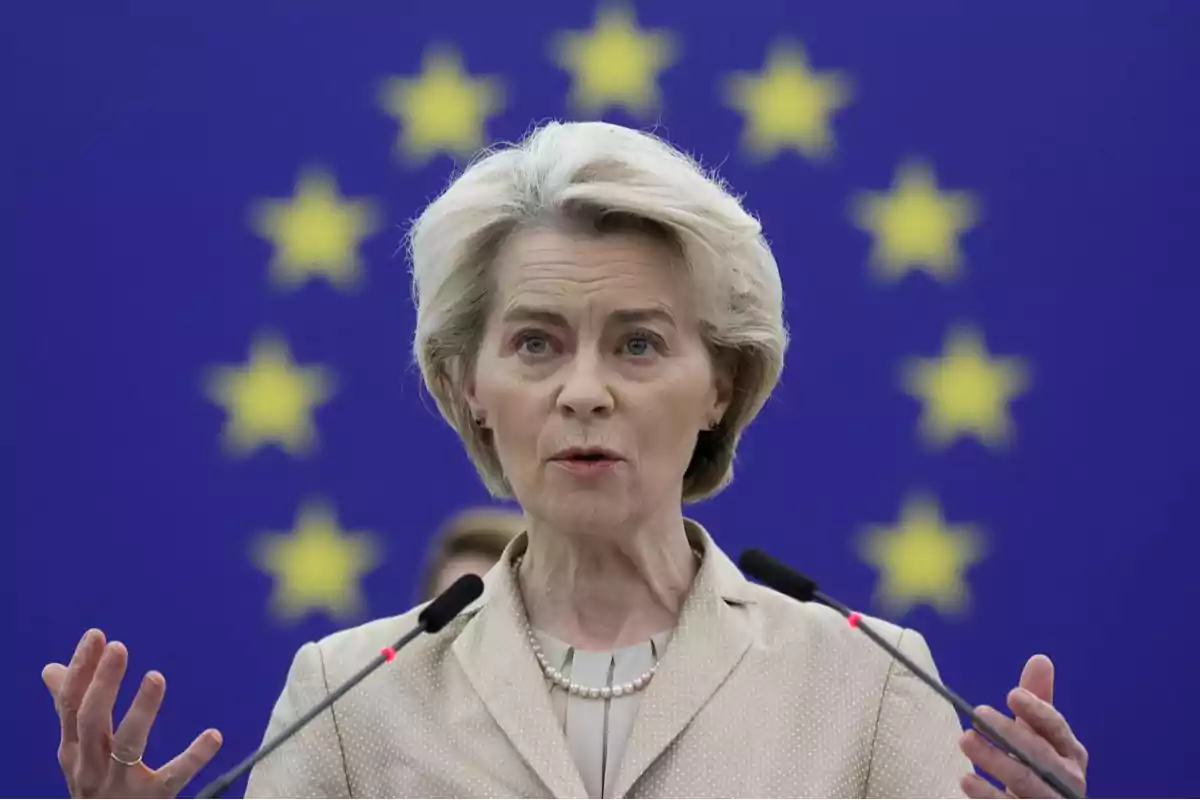
The European Union deepens the trade war with the US and prepares more tariffs.
The European Union adopts China's negotiation methodology and wants to implement tariffs amounting to USD 113 billion against the United States
The European Union (EU) is preparing a new round of tariffs against American products worth approximately 100 billion euros (113 billion dollars), in case the current trade negotiations with the United States do not reach a satisfactory solution for the bloc.
This measure, still in the preliminary phase, will be presented to member states this week and will be subject to consultations for a month before being finalized, according to sources cited under anonymity by Bloomberg news.
The European Commission, the executive body responsible for the bloc's trade relations, also plans to deliver a document to the American side in an attempt to revitalize the negotiations. The EU's proposals include the reduction of tariff and non-tariff barriers, as well as greater investments in American territory.
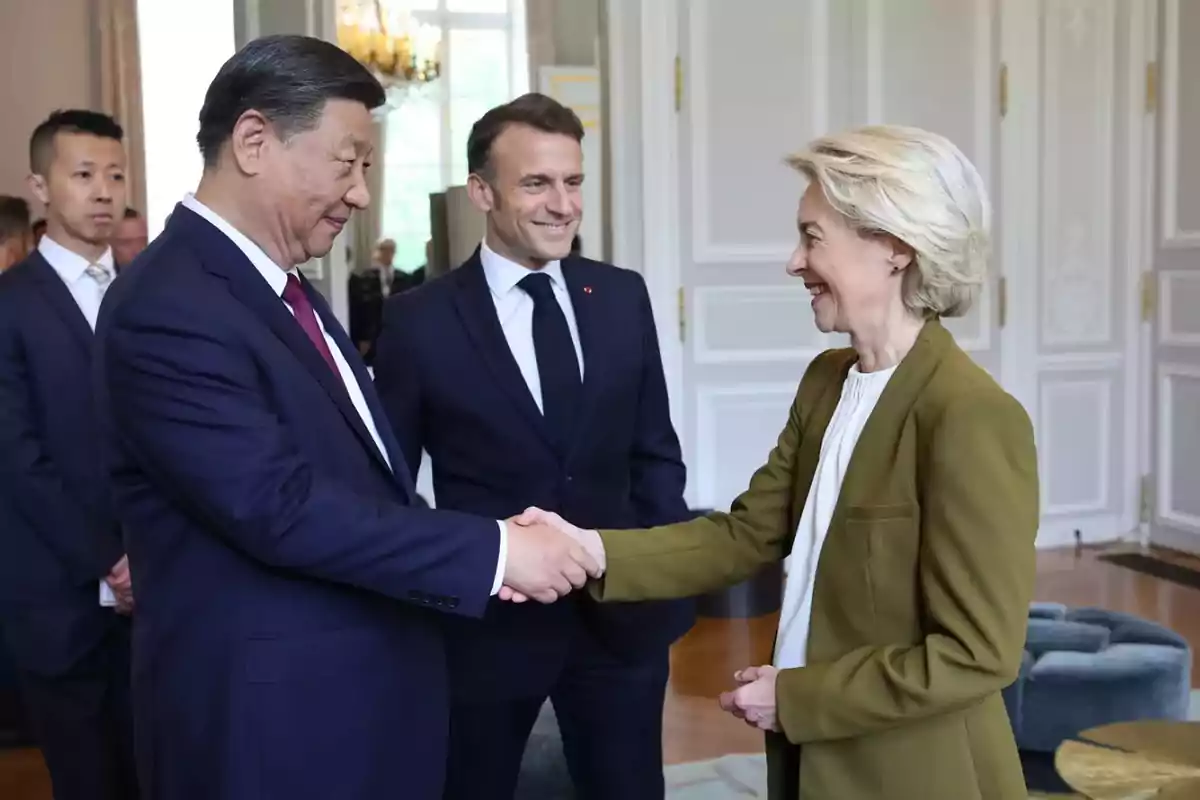
The talks, which formally began last month, have made little progress so far. Most American tariffs remain in place, and the EU warned that ongoing trade investigations by Donald Trump's administration could raise the total of European goods affected by tariffs to 549 billion euros.
These new tariffs would add to those already applied by the EU on 21 billion euros in American products, in retaliation for the 25% tariffs imposed by Washington on European steel and aluminum.
Although the bloc recently agreed to postpone the implementation of new measures for 90 days, after the United States reduced its reciprocal tariff on most European exports from 20% to 10%, the outlook remains tense.
Trump also imposed a 25% tariff on European cars and auto parts, and has initiated investigations that could lead to new levies on products such as wood, pharmaceuticals, semiconductors, critical minerals, and trucks.
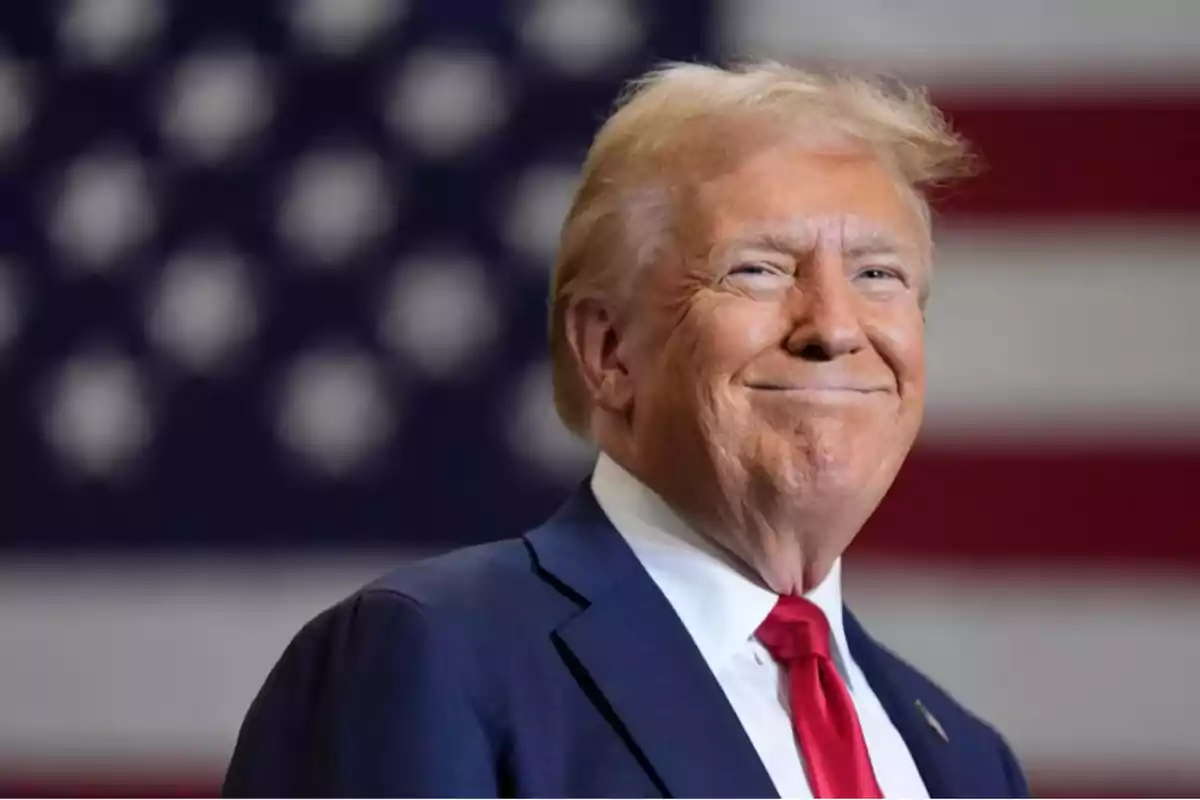
The European Trade Commissioner, Maros Sefcovic, expressed to the European Parliament that these tariff measures "are not justified" and "cause economic harm on both sides of the Atlantic."
He also stated that the EU can't stand idly by, and that all options are on the table, including imposing tariffs on services and restricting certain exports.
To try to ease tensions, the European Commission has offered the complete elimination of tariffs on industrial goods, including cars, one of Trump's main demands.
However, the United States has rejected this proposal. Additionally, the EU has shown willingness to increase the purchase of American products such as liquefied natural gas and soybeans, a strategy that helped calm trade tensions during Trump's first term.
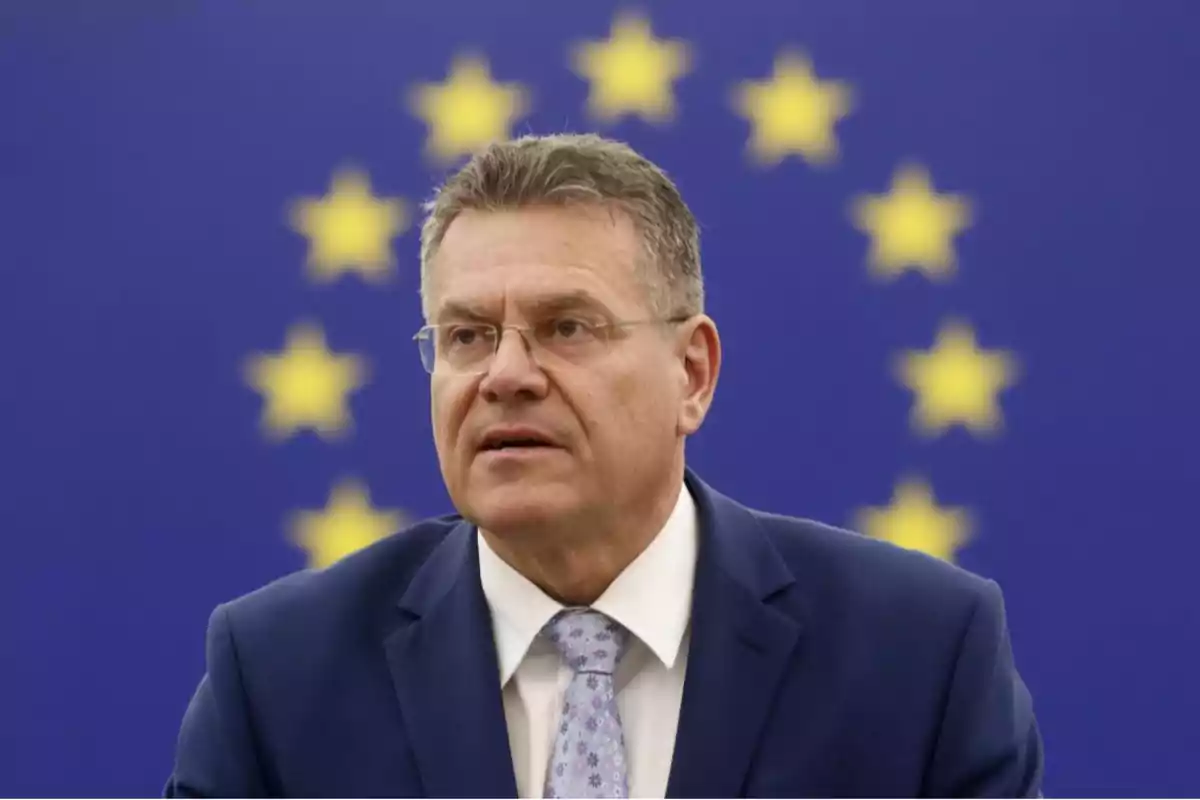
Meanwhile, the United States has focused its criticisms on the EU's regulations on big tech, the digital tax, and the European VAT, issues that Brussels has refused to negotiate, defending its regulations as fair and non-discriminatory.
Currently, the United States imposes tariffs on 380 billion euros in European exports, which represents 70% of the total goods the EU sends to the American market. This percentage could rise to 97% if new measures are applied following ongoing American investigations.
Sefcovic assured that the EU doesn't feel pressured to accept an unbalanced agreement and emphasized that the bloc is strengthening its trade ties with other countries, such as India, Indonesia, the Philippines, Thailand, and Malaysia. "Our phones keep ringing. Everyone wants to speed up free trade agreements with us," the commissioner stated, with a doubtful degree of credibility.
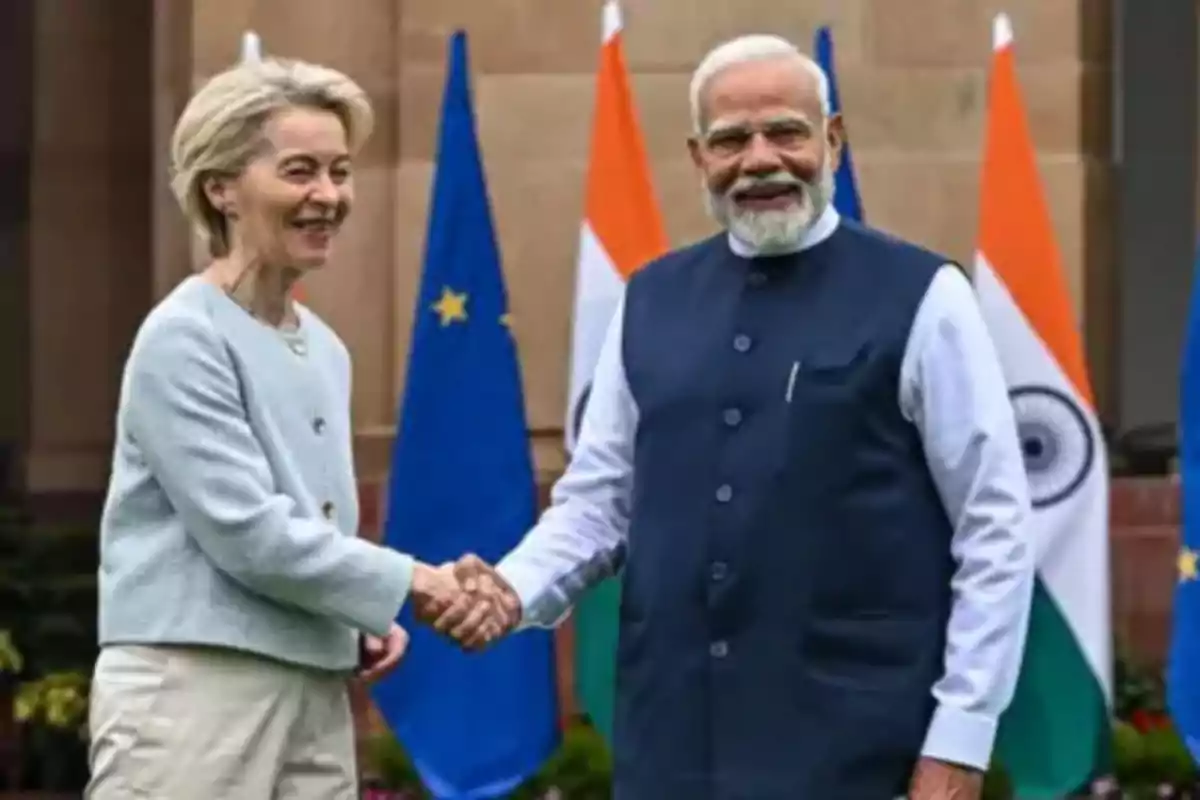
In 2024, the EU exported goods worth 531.6 billion euros to the United States and imported 333.4 billion, resulting in a trade surplus of 198.2 billion.
However, when including services, the picture balances more, with an American surplus in that sector. The total difference between exports and imports was 48 billion euros in 2023, just 3% of the total bilateral trade.
Finally, Sefcovic emphasized that this is the time to act clearly and decisively in defense of European interests and a strong and competitive economy. He also indicated that a special task force against trade diversion, will present its first results in mid-May.
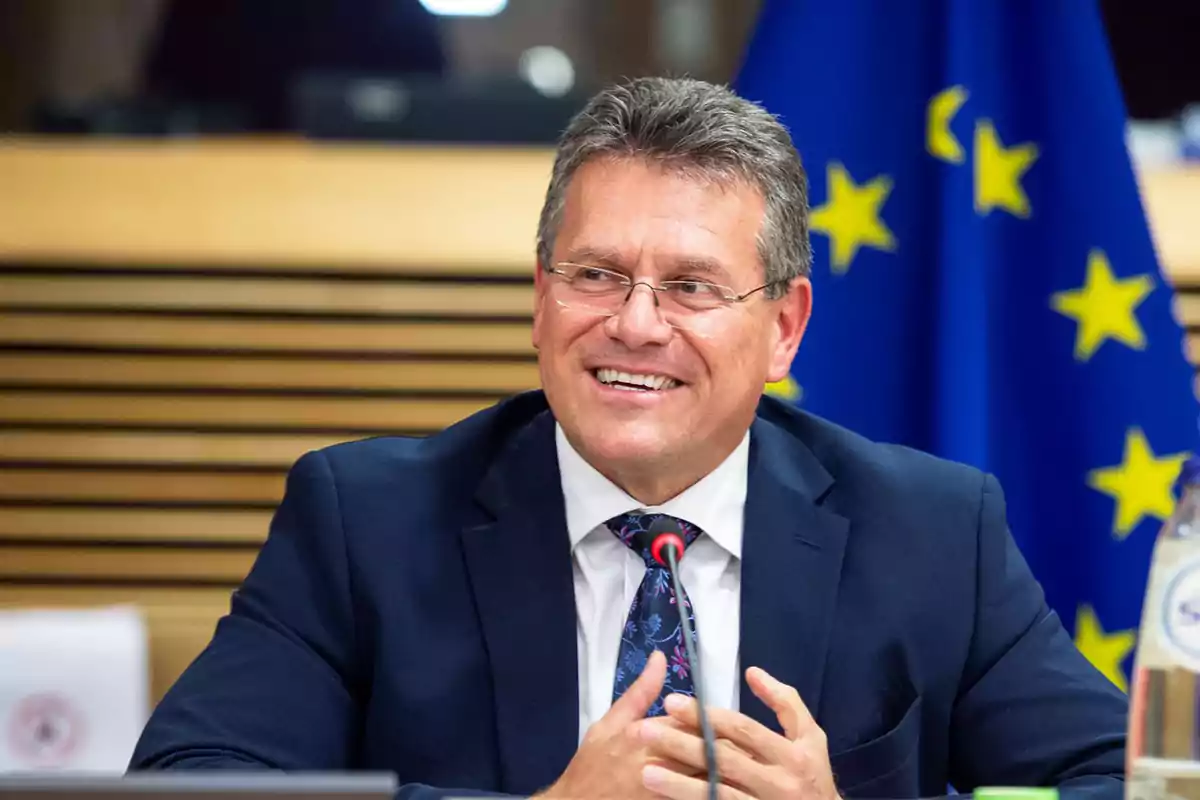
More posts: